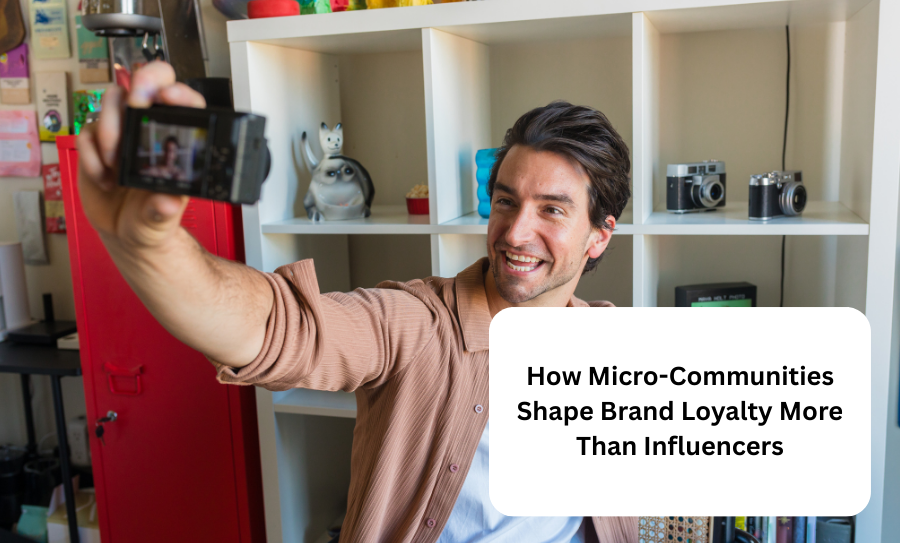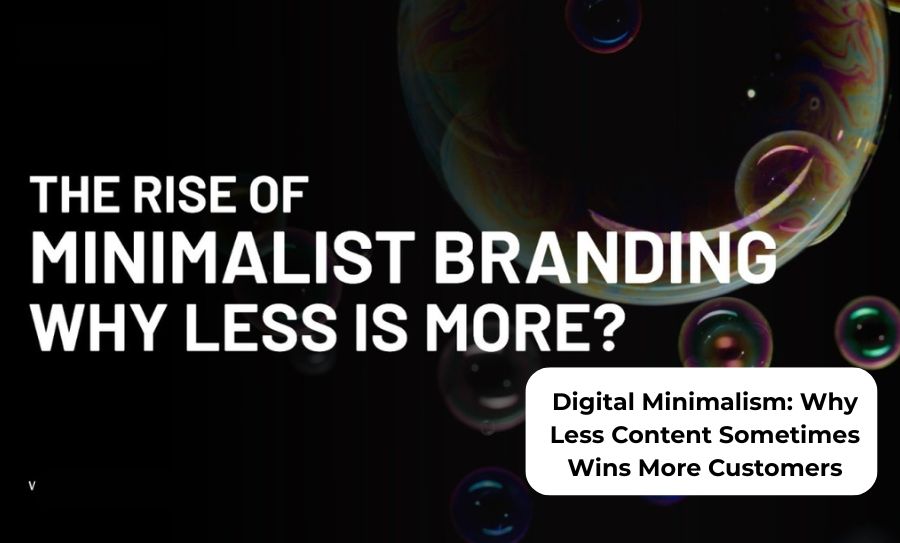
How Micro-Communities Shape Brand Loyalty More Than Influencers
Introduction
For years, influencer marketing has been the go-to strategy for building brand awareness. Big names with massive followings promised reach and visibility. But here’s the truth: influencers can grab attention, but they don’t always build loyalty. Today’s consumers want connection, authenticity, and belonging. That’s why micro-communities are becoming more powerful than influencers in shaping true brand loyalty.
What Are Micro-Communities?
Micro-communities are small, niche groups built around shared interests, passions, or lifestyles. These could be:
- A private Slack channel for SaaS founders
- A Facebook group for eco-conscious moms
- A subreddit for sneaker collectors
Unlike influencer audiences, micro-communities are intimate, trust-driven spaces fueled by genuine conversation—not mass broadcasting or polished sponsorships.
The Psychology of “Less Is More”
Our brains are naturally wired to avoid overload. Too many choices, emails, or notifications lead to decision paralysis, often causing customers to walk away.
By simplifying communication and removing distractions, brands make it easier for customers to:
- Process information quickly
- Make confident decisions
- Engage without feeling pressured
In short, clarity creates confidence, and confident customers are more likely to convert.
Why Micro-Communities Build Stronger Loyalty
Why Customers Appreciate Minimalism
1. Authenticity Over Promotion
In micro-communities, members connect around value, not ads. Brands that participate with authenticity earn trust naturally.
2. Two-Way Conversations
While influencer marketing is often one-sided, micro-communities thrive on dialogue. This back-and-forth builds emotional bonds with brands.
3. Shared Identity
When people identify with a community, they see themselves as part of something bigger. Brands supporting these spaces become part of that identity.
4. Word-of-Mouth at Scale
Peer recommendations spread quickly within micro-communities, carrying far more trust than paid influencer endorsements
Micro-Communities in Action
- Skincare brand: Builds a private Discord where customers share routines and results.
- Fitness startup: Hosts weekly live Q&As in a closed Facebook group.
- Coffee company: Creates a Reddit community around brewing hacks and tips.
Each example proves that 100 true advocates in a micro-community can drive more loyalty than thousands of passive followers.
The Shift From Influencers to Communities
Influencers still matter for reach and awareness—but when it comes to retention, trust, and long-term loyalty, micro-communities are unmatched.
Customers are increasingly skeptical of polished promotions. They prefer raw, authentic, peer-driven spaces where brands listen, not sell. For businesses, the opportunity is clear: stop shouting louder—start creating meaningful spaces where your audience belongs.
FAQs on Micro-Communities and Brand Loyalty
Q1: Are influencers becoming irrelevant?
Not at all. Influencers still work for visibility, but micro-communities are better for engagement and loyalty.
Q2: How can small businesses build micro-communities?
Start with niche groups on platforms like Slack, Discord, or Facebook. Focus on value-driven conversations, not ads.
Q3: What’s the biggest advantage of micro-communities?
Stronger trust. Peer-to-peer recommendations inside micro-communities often lead to higher conversion and loyalty rates.
Conclusion
Micro-communities aren’t just the future of marketing—they’re already shaping how customers connect with brands today. By building or supporting these smaller, authentic spaces, businesses can foster trust, loyalty, and advocacy that no influencer campaign can buy.
At Etherfly Services, we help brands harness the power of micro-communities to build deeper connections and long-lasting customer relationships.
Ready to strengthen your brand loyalty? Contact Etherfly Services today.




Leave a Reply